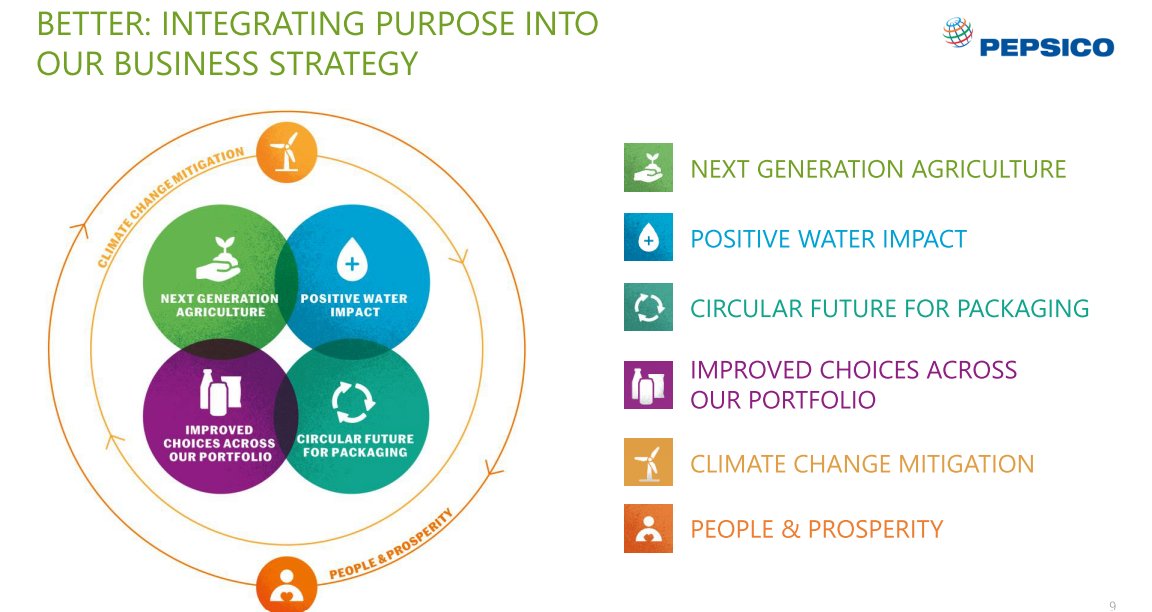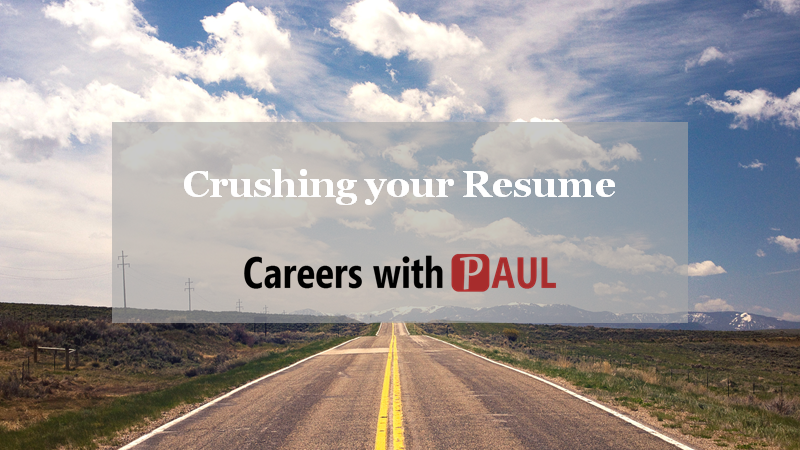
I think most people would be surprised at how boring "Strategy" is in big companies.
It mostly about picking a direction to go and coming up with simple language around that direction for people to understand what to do.
It mostly about picking a direction to go and coming up with simple language around that direction for people to understand what to do.
this is why there arent many "strategy" classes in business schools and why strategy consultants don't really work on strategy.
however, the soft skills to lead such strategies are hard to discern, hard to learn and not widely talked about
however, the soft skills to lead such strategies are hard to discern, hard to learn and not widely talked about
Most companies publish their strategy transparently because you can't really copy a strategy. Here is Pepsi's
Super simple and memorable: faster, stronger better
Super simple and memorable: faster, stronger better

Each of these has sub-components which likely have real initiatives behind them around the company
Faster: advertising, go-to-market, supply chain
Stronger: capabilities, cost, culture
Better: their sustainability / PR strategy


Faster: advertising, go-to-market, supply chain
Stronger: capabilities, cost, culture
Better: their sustainability / PR strategy



Then each of these gets more detail. Here is stronger, which is defined as
- Develop and scale core capabilities globally through technology
- Drive savings through holistic cost management to reinvest to win in the marketplace
- Build differentiated talent and culture



- Develop and scale core capabilities globally through technology
- Drive savings through holistic cost management to reinvest to win in the marketplace
- Build differentiated talent and culture




And so on and so on. These themes are likely shown at every staff meeting throughout the company and every team comes up with their own initiatives and goals to align with these broad themes.
There isn't really any juicy bold moves happening. It's just slow improvement
There isn't really any juicy bold moves happening. It's just slow improvement
To work in a strategy group at a company like this you are often either working on cross-functional initiatives or CEO level bets that the senior leaders want to pay closer attention to.
• • •
Missing some Tweet in this thread? You can try to
force a refresh








